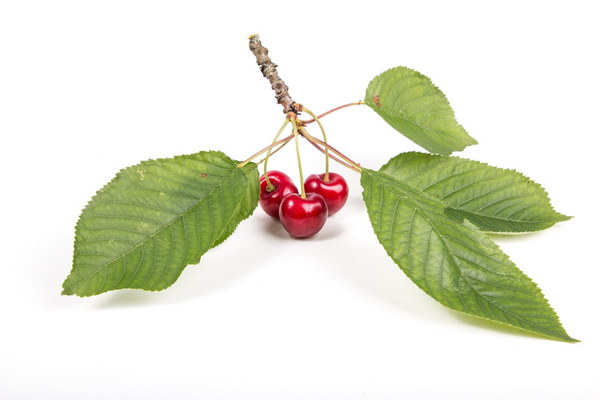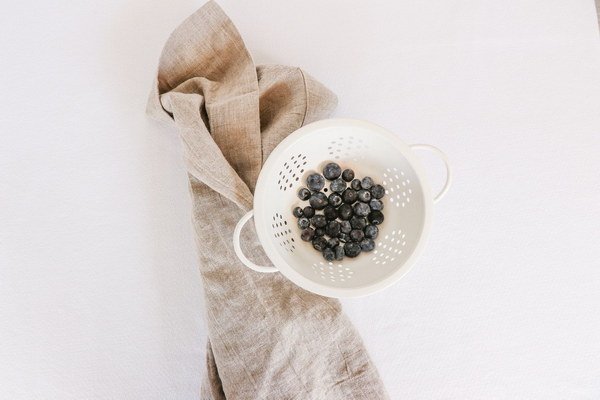Nature's Remedy How Radishes Combat Dampness and Enhance Wellness
In the realm of traditional Chinese medicine, radishes (daikon in Japanese, ruten in Korean) are not just a common root vegetable; they are a powerhouse of natural healing properties, particularly in the realm of expelling dampness from the body. Dampness, according to Chinese medicine, is a common and pervasive problem that can manifest in various ways, from fatigue and body aches to digestive issues and even depression. Radishes, with their crisp texture and spicy flavor, are believed to be a natural antidote to dampness, helping to cleanse and rejuvenate the body.
The Science Behind Radishes and Dampness
While the concept of dampness may seem abstract to Westerners, it is a fundamental principle in Chinese medicine. Dampness is thought to be an imbalance in the body's Yin and Yang, often caused by environmental factors such as humidity, poor diet, or excessive intake of cold and raw foods. This imbalance can lead to a buildup of dampness, which is said to impede the normal flow of Qi (vital energy) and disrupt bodily functions.
Radishes, on the other hand, are known for their diuretic properties, which help the body to expel excess fluid and reduce dampness. They are also rich in vitamins C and A, and fiber, all of which contribute to their ability to cleanse the body and support overall health.
How Radishes Combat Dampness
1. Diuretic Effects: Radishes contain compounds that act as diuretics, encouraging the kidneys to filter out excess water and toxins from the body. This can help alleviate symptoms of dampness, such as water retention and bloating.
2. Detoxification: The fiber in radishes aids in the detoxification process, binding to harmful substances in the digestive tract and helping to eliminate them from the body.
3. Stimulates Digestion: The spicy and slightly bitter taste of radishes stimulates the production of digestive enzymes, which can improve digestion and help prevent the buildup of dampness in the gut.
4. Reduces Inflammation: Radishes have anti-inflammatory properties that can help reduce inflammation associated with dampness, such as joint pain and swelling.
Incorporating Radishes into Your Diet
Radishes are incredibly versatile and can be added to a wide variety of dishes. Here are some ways to incorporate them into your diet:
- Raw: Sliced radishes make a refreshing addition to salads, sandwiches, and as a snack.

- Cooked: Radishes can be sautéed, steamed, or added to soups and stews for a slightly spicy kick.
- Pickled: Radishes are a key ingredient in Japanese tsukemono and Korean kimchi, which are both excellent for digestive health.
- Juice: Radish juice is a great way to get the benefits of radishes in a concentrated form. It can be mixed with other vegetables like carrots or beets for added flavor and nutritional value.
Conclusion
While radishes may not be a miracle cure for dampness, they are a valuable tool in the fight against this common imbalance. By incorporating radishes into your diet, you can support your body's natural detoxification process and promote overall wellness. So, next time you're at the grocery store, don't hesitate to grab a bunch of radishes—your body will thank you!









